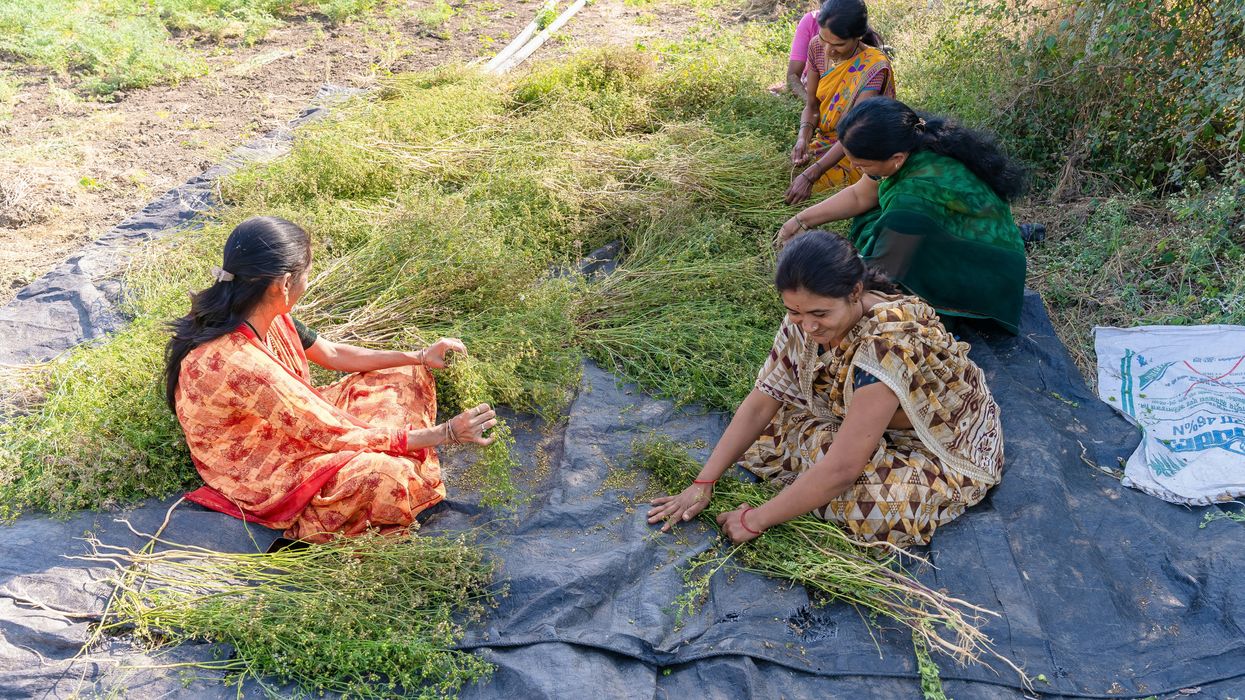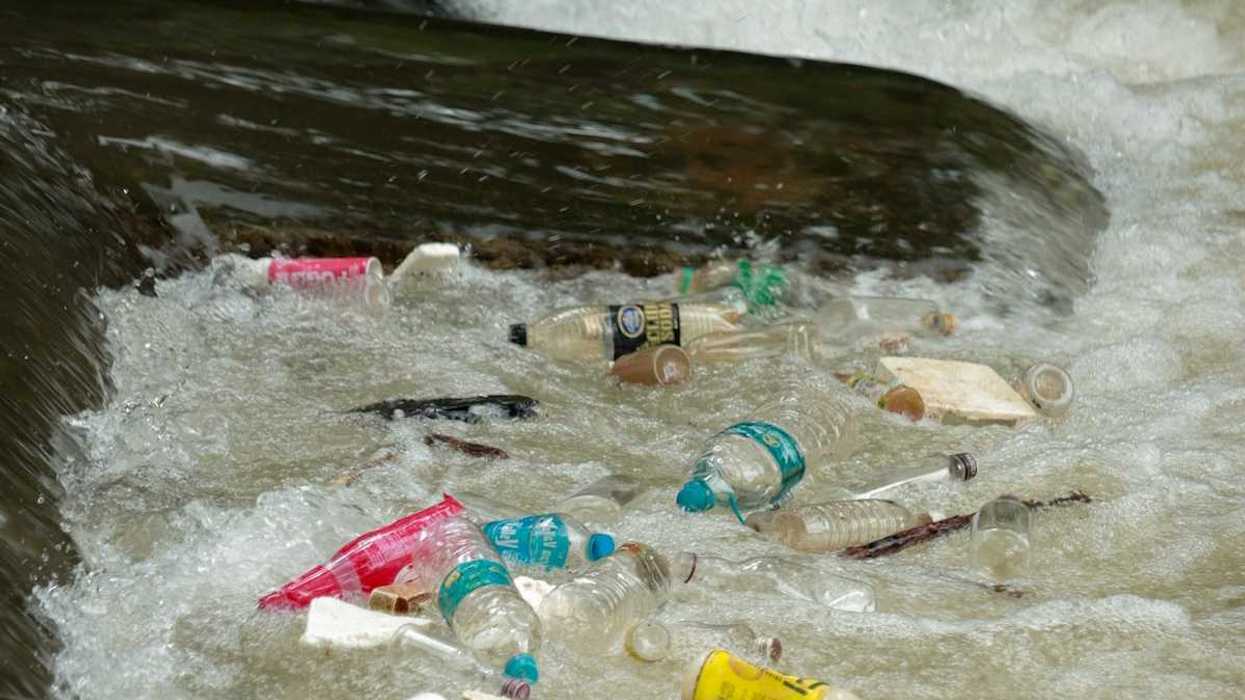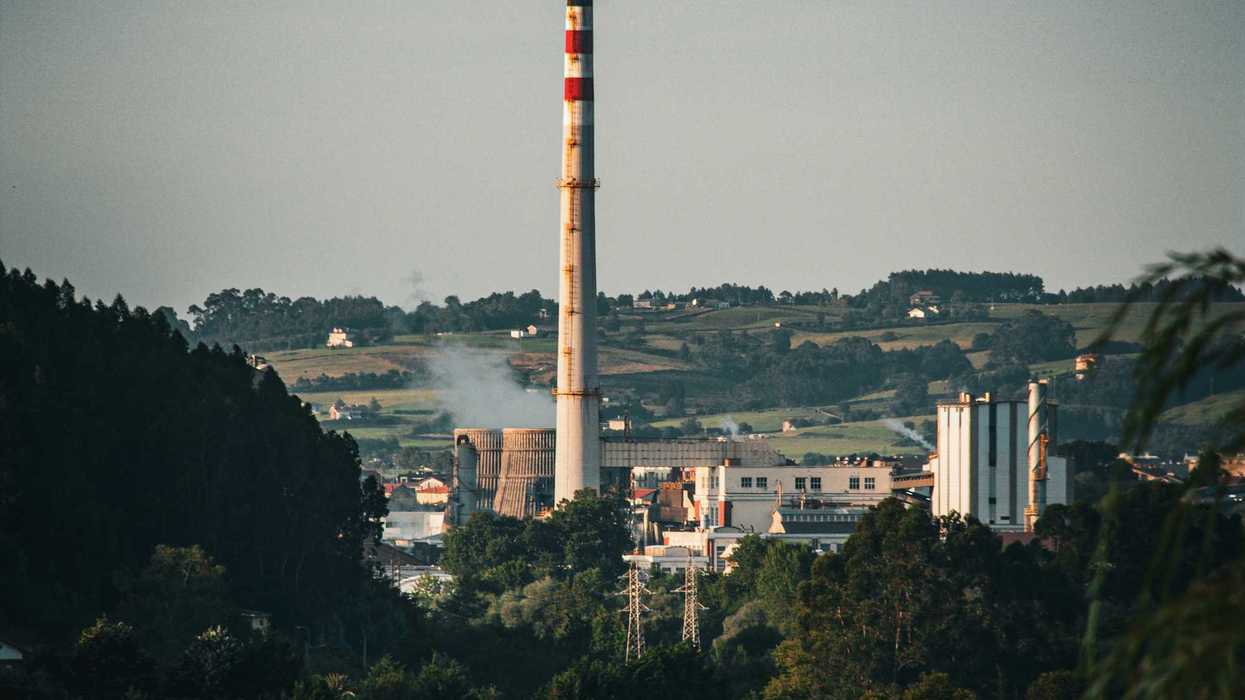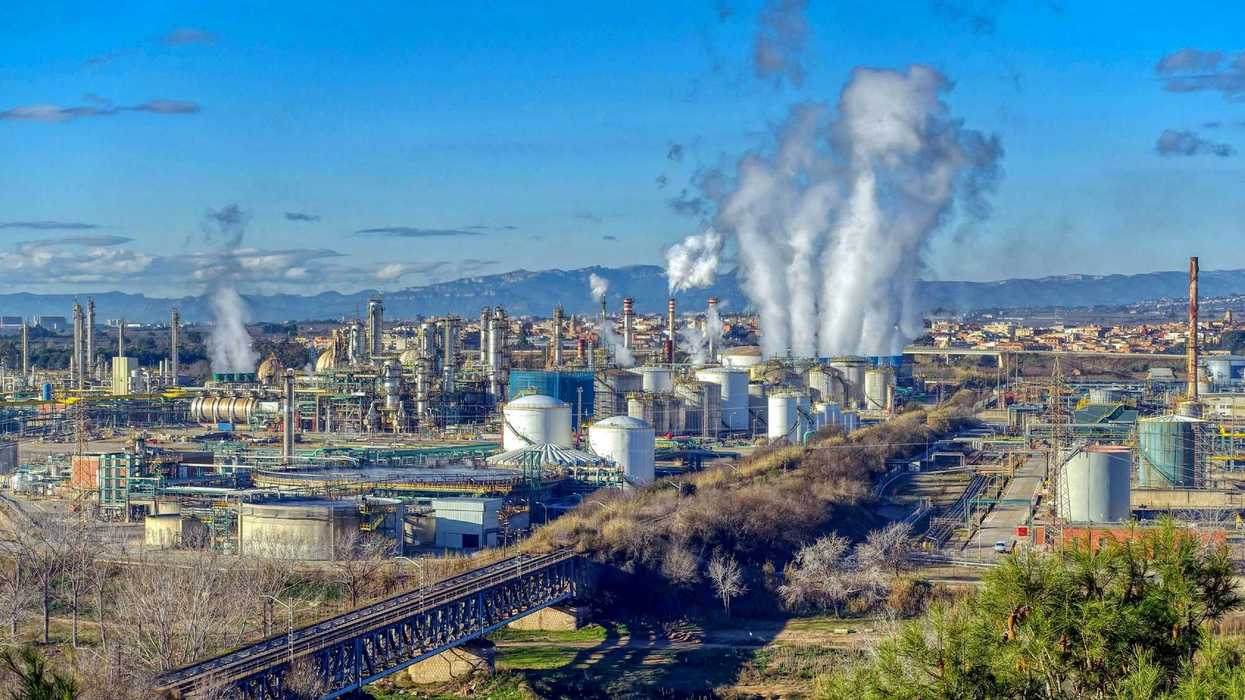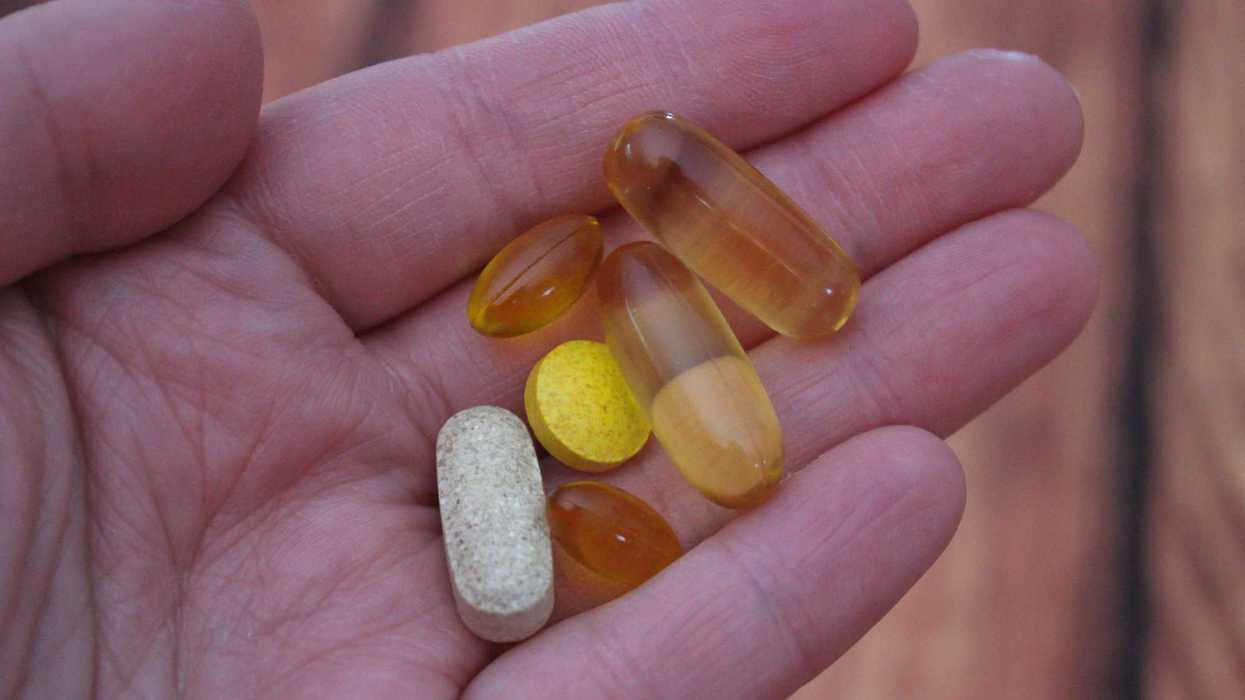The use of plastic films in farming has been linked to an accumulation of phthalates - an endocrine disrupting chemical with serious health effects - in both soil and wheat, according to a new study published in Science of the Total Environment.
In short:
- Residue left behind by the breakdown of plastic films in fields increased the concentration of phthalates in multiple wheat tissues, including the roots and grains.
- High levels of phthalates were found in both seedlings and mature wheat.
- Plastic film residue also had significant impacts on the health of bacterial communities present in the soil, potentially impacting soil quality.
Key quote:
“The future food security conflict between [phthalate] pollution caused by plastic films residues and water scarcity in arid regions will be a great challenge.”
Why this matters:
Plastic films are an agricultural tool used frequently by farmers in dry regions to help retain soil moisture and increase crop yields, with China alone using 136,000 tons of plastic film in 2020. Slow breakdown rates combined with inadequate removal practices have resulted in a large build up of plastic debris in the soil. Phthalates are known to be carcinogenic, neurotoxic, toxic to reproduction and more, so their presence in the soil and in crops poses a serious threat to the quality and safety of our food supply.
Related EHN coverage:
- Growing veggies in the city this year? You may want to check your soil
- Opinion: The global food system is failing small-scale farmers — here’s how to fix it
- Op-ed: Reducing soil toxics in community gardens
More resources:
- Civil Eats: Can agriculture kick its plastic addiction?
- Rodale Institute: Beyond black plastic
- National Public Radio: Organic farming has a plastic problem. One solution is controversial.
Sun, Qing et al. for Science of the Total Environment vol. 931. June 25, 2024
- From the lab to the field, agriculture seeks to adapt to a warming world ›
- Agriculture will threaten habitat for 90 percent of animal species by 2050 ›

